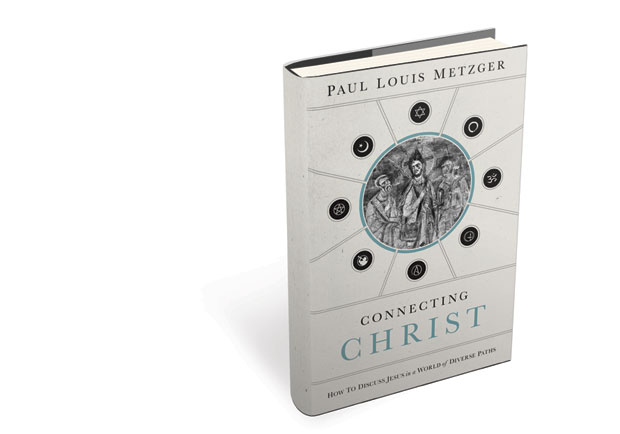Have you ever seen the movie As Good As It Gets, starring Jack Nicholson and Helen Hunt? Nicholson plays Melvin Udall, a man who pursues “Carol the Waitress,” played by Hunt. Until he falls in love, Melvin is rude, insensitive, racially bigoted, homophobic, and severely obsessive-compulsive. As his gay neighbor Simon Bishop explains, so it is: Melvin is the worst kind of human. As difficult as it is to deal with Melvin, it is perhaps even more difficult to imagine that this man is a best-selling author of romance novels. In fact, when a young unknown female fan who is the receptionist at his publishing house asks him how he is able to portray women so accurately in his works, Melvin tells her that women are like men, only without reason and accountability.
But what does all this have to do with apologetics? Everything. Everything, that is, if you want to engage people truthfully and relationally—and not treat them dismissively. So often I am like Melvin. I talk about romance novels—usually God’s love letter to us recorded as the Bible—but I’ll never understand the depth of his love. I talk about relationships with people, but I rarely develop them myself. I lecture on incarnational, life-on-life apologetic engagement, but I often fail to respond to people life-on-life, keeping them at a distance ….
Conservative Christians often approach people as Melvin Udall does. We can wax eloquent on romance and relationships, but we rarely experience them. We approach Mormons, Buddhists, and homosexuals as Melvin does: categorizing and dehumanizing them until we are forced to deal with them face-to-face. Only then do we see that they are humans and not stereotypes …. In other words, we can know about homosexuals or Buddhists or Mormons as groups, but never really know or engage the individuals. Instead we simply lump them all into one category, as Melvin unceremoniously labels Carol as a waitress and Simon as a fag. But it isn’t so easy to label others once we find out who they really are.
People are complex, mysterious, inconsistent, contradictory, wart-infested, and wondrous to behold. In keeping with how Simon views the matter, the longer you gaze at someone … that individual becomes more than just his or her worldview or demographic. Like God, in whose image everyone is created, each human is too complex to be classified. True understanding requires what Atticus Finch says in To Kill a Mockingbird: “… You never really understand a person until you consider things from his point of view … until you climb into his skin and walk around in it.”
Used by permission of the publisher. All rights reserved.
Copyright © 2012 Christianity Today. Click for reprint information.
Related Elsewhere:
Connecting Christ is available from Christianbook.com and other retailers.
Previous articles by or about Paul Louis Metzger include:
Fraternizing with the Enemy | Paul Louis Metzger engages those outside the faith. (May 13, 2011)
Here We Are to Worship | Six principles that might bring a truce to the age-old tension between tradition and popular culture. (August 21, 2009)
Previous articles on evangelism and other religions include:
Proselytizing in a Multi-Faith World | Why mutual respect and tolerance require us to witness for Christ. (March 28, 2011)
The Son and the Crescent | Bible translations that avoid the phrase “Son of God” are bearing dramatic fruit among Muslims. But that translation has some missionaries and scholars dismayed. (February 4, 2011)
Super Bowl Evangelism | Why Jesus did not say, “Market your neighbor as yourself.” (February 3, 2011)
Putting Evangelism on Hold | Will the Global Faith Forum’s “evangelistic model” of engaging Muslims and Jews catch on? (November 16, 2010)











